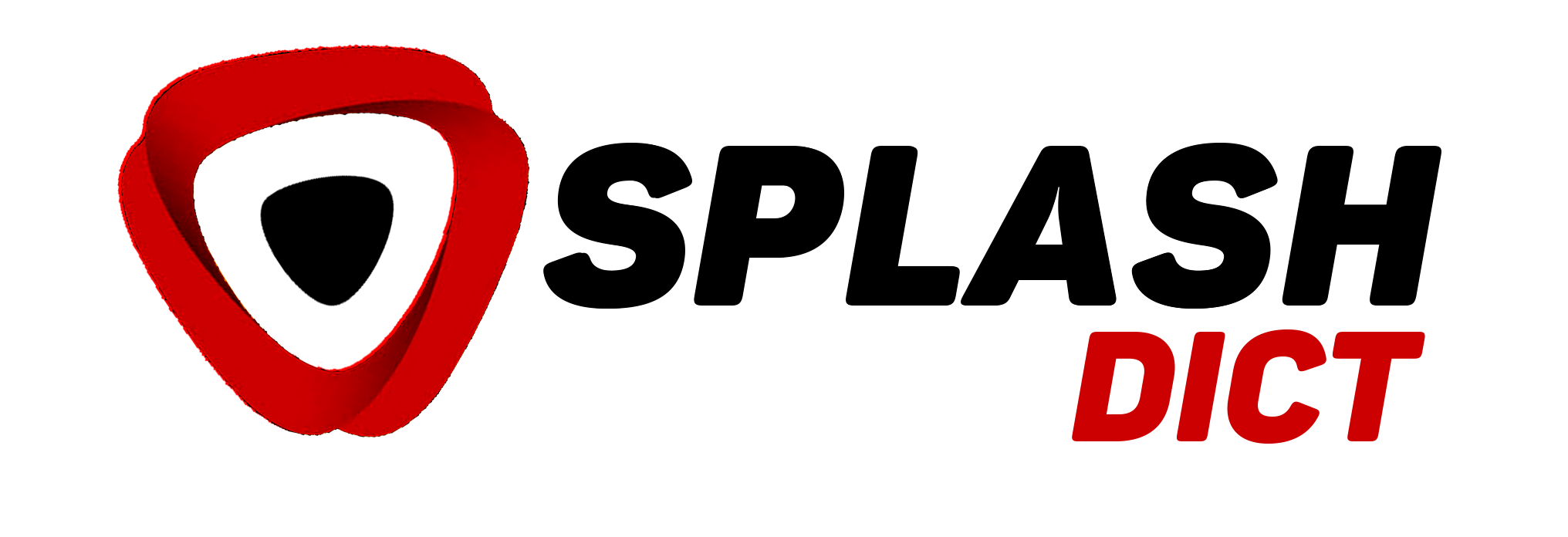When starting or running a company in Nigeria, two key terms often confuse: Directors and Shareholders. Though both are essential to a company’s structure, their roles, rights, and responsibilities under the Companies and Allied Matters Act (CAMA) 2020 are distinctly different.
The core distinction is simple and critical for compliance: Shareholders own the company, while Directors manage the company.
Understanding this separation helps entrepreneurs and investors stay compliant with the Corporate Affairs Commission (CAC) and avoid major governance mistakes.
Director vs. Shareholder: Clarifying Roles, Rights, and Overlaps in Nigerian Companies
The difference between a Director and a Shareholder hinges on their function and legal liability within the company.
Directors and Shareholders as Company Promoters
In many companies, the first role that directors and shareholders play is that of promoters. Promoters are the people who conceive the idea of forming the company, decide its business activities, and estimate the capital and resources required. They often hold a financial interest in the company as well.
Because company founders commonly become both shareholders and directors, their role as promoters often overlaps with these positions. This dual role can blur the distinction between ownership and management, especially in smaller or family-run businesses, where promoters may continue influencing company decisions even after stepping back from active management.
The Director: The Engine of Management
A company director is an individual appointed to manage and oversee a company’s affairs. Under Section 244 of the Companies and Allied Matters Act (CAMA) 2020, anyone occupying the position of director, regardless of their title, is legally recognized as such.
Directors act as the company's operating mind, steering its strategy, supervising operations, and ensuring strict compliance with applicable laws and regulatory filings. They are legally classified as:
- Agents: Acting on behalf of the company in daily business operations.
- Trustees: Safeguarding the company's assets and managing its affairs.
- Fiduciaries: Owing a high duty of care, skill, and diligence to act in good faith and in the best interests of the company and its shareholders.
Key Types of Directors
Directors are typically categorized based on their level of involvement in day-to-day operations:
- Executive Directors: Handle the day-to-day management of the company (e.g., CEO, CFO, COO).
- Non-Executive Directors (NEDs): Provide oversight and strategic guidance without direct involvement in daily operations.
- Independent Directors: Usually required in public companies to ensure objectivity and impartial decision-making, as they have no material relationship with the company outside of their directorship.
Powers and Responsibilities of Directors
The director's role and duties are governed by Part B, Chapter 7 (Sections 271–307) of CAMA 2020. Their powers are primarily defined in the company's Articles of Association and generally include:
Strategic Direction – setting long-term goals and policies.
Day-to-Day Management – signing contracts, securing loans, and managing operations.
Financial Stewardship – approving budgets, monitoring financial reporting, and maintaining controls.
Appointing Officers – selecting senior management, such as the CEO.
Declaring Dividends – recommending dividends for shareholder approval or declaring interim dividends.
Key Legal Duty: Fiduciary Obligation of Directors
The most critical aspect of a director's role is their fiduciary duty. This is a legal requirement to act with the highest standard of care, skill, and diligence. Directors must:
- Act in good faith and in the company's best interest.
- Avoid any conflict of interest with the company.
- Not misuse corporate opportunities or confidential information.
Directors do not automatically own the company unless they are also shareholders. Their role is purely managerial, and their powers are derived from the Articles and shareholder resolutions.
How are Directors appointed?
Directors are usually elected by shareholders at general meetings. The first set of directors is chosen before the company’s incorporation, while subsequent elections are held at annual general meetings.
For voting to take place, shareholders present must meet the required quorum set out in the company’s bylaws. Shareholders unable to attend may vote by proxy.
Two main voting methods are commonly used:
Majority Vote – a nominee must secure more than half of the votes to be elected.
Plurality Vote – nominees with the highest number of votes secure seats on the board.
How can directors be removed?
Procedures are usually stated in the company’s bylaws. A director may be removed either by the board or through a shareholders’ meeting. In some jurisdictions, courts can also remove directors for misconduct, fraud, or abuse of authority.
The Shareholder: Ultimate Owners and Financial Backers
A shareholder (also called a member) is an individual or entity that owns shares in a company. Under Section 22 of CAMA 2020, shareholders provide capital and, in return, gain ownership rights. They are the ultimate owners of the company, though they are not involved in daily management.
Shareholders' liability is typically limited to the value of the shares held, meaning they are protected from the company's debts beyond their initial investment.
Only companies Limited and Unlimited by Shares use shareholders. Companies Limited by Guarantee (LTD/GTE), often non-profits or professional bodies, use Guarantors instead of shareholders, and their members pledge a nominal amount in the event of winding up.
Types of Shareholders
Shareholders are generally categorized based on the rights attached to their shares:
Ordinary Shareholders – hold common shares with voting rights, dividends (when declared), and a share in assets if the company winds up.
Preference Shareholders – enjoy priority on dividends and repayment of capital but usually have limited or no voting rights.
Powers and Rights of Shareholders
While shareholders do not manage the company's daily affairs, they wield ultimate control by exercising their voting rights at General Meetings. Their fundamental rights are protected under CAMA 2020 and are grouped into four main categories:
Control Rights – Appointing and removing directors by ordinary resolution (Section 288); approving major corporate changes such as mergers, liquidation, or amendments to the Articles of Association by special resolution.
Financial Rights – Receiving dividends when declared; sharing in residual assets if the company is wound up.
Information Rights – Receiving notice of meetings, accessing audited financial statements, and inspecting the register of members.
Remedial Rights – Taking legal action for unfair prejudice or mismanagement (e.g., derivative action) if directors breach their duties.
Shareholder Influence on Management
Shareholders influence the company through ownership and voting power, not by direct operational instruction.
Electing directors who run the company.
Removing directors who fail to act in the company’s best interests.
Approving or rejecting key board recommendations, such as remuneration policies or final dividend declarations.
This balance ensures directors retain autonomy in daily operations, while shareholders preserve ultimate oversight and accountability.
Shareholders’ Meetings
Shareholders influence the company through ownership and voting power, not by direct operational instruction.
Where Roles Overlap: Director-Shareholder Integration
Although directors and shareholders have distinct responsibilities, their roles often overlap in practice. A shareholder can also serve as a director if appointed, which is especially common in small companies where the founder both owns and manages the business. For example, as of 2025, over 60% of small firms in Nigeria combine ownership and management in this way.
Under CAMA 2020 (Section 277), this dual role is permitted if the company’s Articles of Association allow it. In such cases, governance and ownership merge, offering simplicity but also concentrating power in fewer hands.
Practical Scenarios:
Small Private Companies: A single individual may be the sole shareholder and director, as permitted under the One-Person Company structure.
Standard Private Companies: Founders often serve as both majority shareholders and directors, balancing ownership with active management.
Public Companies: The overlap is less common due to stricter requirements, such as at least three directors (with independent directors included), which help ensure transparency and accountability.
The Power Dynamic:
Even when roles are separated, directors and shareholders remain closely linked in a cycle of accountability. Shareholders appoint directors, who in turn manage the company’s affairs. Directors must report back to shareholders, who then approve or reject major decisions such as financial statements, executive pay, or structural changes.
In essence, directors run the company on behalf of shareholders, while shareholders hold the ultimate authority to keep directors aligned with the company’s long-term value.
Why the Distinction Matters
Understanding the difference between directors and shareholders is critical for good corporate governance. Shareholders are the owners of the company, but they do not handle its daily operations. Directors, on the other hand, are managers and decision-makers, but they ultimately answer to the shareholders.
This separation ensures accountability. Shareholders invest their money and expect returns, while directors are entrusted with running the business in a way that protects and grows that investment. Without this distinction, companies risk conflicts of interest, lack of transparency, and weak checks on power.
In small private companies, the distinction often blurs because the same person may be both a shareholder and a director. But in larger or public companies, separating the roles is essential to maintain trust, attract investment, and comply with the requirements of CAMA 2020.
How SplashDict Helps with Director and Shareholder Services
At SplashDict, we provide trusted corporate compliance support to help Nigerian businesses stay fully aligned with CAMA 2020 and CAC requirements. Our services cover every stage of governance, ensuring your company operates smoothly and lawfully:
Company Incorporation – Set up directors and shareholders correctly at the point of registration.
Director Services – Manage appointments, resignations, and filing of director changes with the Corporate Affairs Commission.
Shareholder Services – Handle share transfers, transmissions, allotments, and updates to ownership records.
Corporate Secretarial Support – Maintain accurate statutory records, prepare resolutions, and ensure filings remain up to date.
With SplashDict as your compliance partner, you can focus on running and growing your business, while we handle the governance and legal obligations.
Frequently Asked Questions (FAQs)
Get answers on directors and shareholders in Nigeria:
1. Can one person be both a director and a shareholder?
Yes. Under CAMA 2020, the same individual can serve as both a director and shareholder. This is common in small private companies where the founder both owns and manages the business.
2. What is the difference between directors and shareholders?
Directors manage and control the daily operations and strategy of the company, while shareholders are the ultimate owners who provide capital and exercise control through voting rights.
3. Are shareholders required in every type of company?
No. Only limited companies use shareholders. In companies limited by guarantee (Ltd/Gte), guarantors replace shareholders.
4. Do directors own shares in the company automatically?
Not necessarily. A director may also be a shareholder, but holding shares is not a requirement for being appointed as a director.
5. Can shareholders interfere in the daily running of the company?
No. Shareholders cannot directly manage daily operations. Their control is indirect, exercised through general meetings where they appoint or remove directors and approve major corporate decisions.
6. What liabilities do shareholders and directors have?
Shareholders have limited liability, restricted to the value of their shares. Directors, however, can be personally liable if they breach their fiduciary duties or act improperly.
7. How does SplashDict assist with shareholder and director matters?
We handle incorporation, CAC filings, director appointments or resignations, share transfers, allotments, and maintenance of accurate statutory records, ensuring full compliance with CAMA 2020.
Keep your company records accurate by updating director details or appointments with CAC.
 Change of Company Director
Change of Company DirectorFile notice of appointment, resignation, or removal of a director with the CAC.
 Change in Particulars of Director
Change in Particulars of DirectorUpdate Director’s details (name, address, gender, phone number) with CAC.














